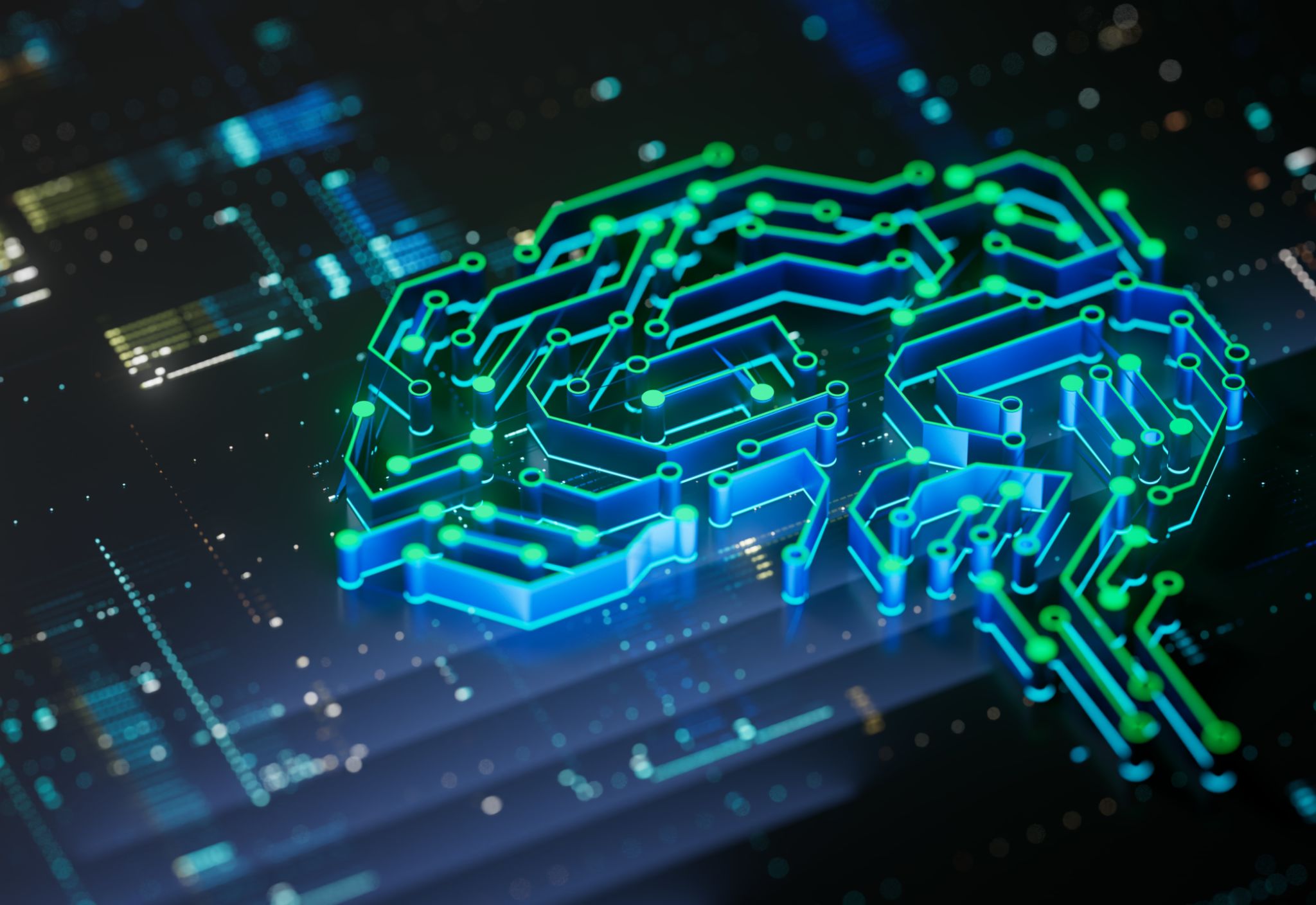Ethical AI Practices: What Parisian Tech Innovators Need to Know
The Importance of Ethical AI Practices
Paris, a city renowned for its innovation and technological advancements, stands at the forefront of artificial intelligence (AI) development. However, as technology evolves, so does the responsibility to implement ethical practices that ensure AI serves humanity positively. For Parisian tech innovators, understanding and applying ethical AI practices is not just a choice but a necessity.

Defining Ethical AI
Ethical AI refers to the development and deployment of AI systems that adhere to moral principles and societal values. This includes ensuring transparency, fairness, accountability, and privacy in AI applications. As tech innovators, grasping these concepts is essential to creating AI systems that benefit users without infringing on their rights.
One of the primary concerns is bias in AI algorithms. Unchecked, biased algorithms can lead to unfair treatment of certain groups, reinforcing societal inequalities. Parisian tech companies must prioritize eliminating bias through diverse data sets and inclusive design processes.
Transparency in AI Systems
Transparency is a cornerstone of ethical AI. It involves making AI decision-making processes understandable and accessible to users. For innovators in Paris, this means developing systems where users can easily comprehend how their data is being used and why specific decisions are made.

To achieve transparency, companies can implement explainable AI techniques, providing users with clear insights into AI operations. This fosters trust and allows users to make informed decisions about their interaction with AI technologies.
The Role of Accountability
Accountability in AI implies that developers and companies take responsibility for their AI systems' actions and outcomes. This involves setting up mechanisms to monitor AI performance and address any adverse effects promptly.
Parisian tech innovators must establish robust frameworks that hold them accountable for their AI systems. This includes regular audits, impact assessments, and addressing user concerns efficiently. By doing so, they can maintain public trust and uphold ethical standards.

User Privacy and Data Protection
With the increasing integration of AI into daily life, user privacy and data protection have become paramount concerns. Ethical AI practices demand that tech innovators prioritize safeguarding personal information and comply with data protection regulations like the GDPR.
Innovators should implement strong encryption methods, ensure data anonymization, and provide users with control over their data. By upholding privacy standards, Parisian tech companies can build systems that respect users' rights and foster a secure digital environment.
Building a Sustainable Future
Ultimately, ethical AI practices are about creating a sustainable future where technology enhances human life without causing harm. Parisian tech innovators have the opportunity to lead by example, setting standards that inspire global change.
By prioritizing ethical considerations in AI development, Paris can continue to be a beacon of innovation while ensuring its technological advancements align with societal values. Embracing these practices not only benefits individuals but also drives long-term success in the ever-evolving tech landscape.
